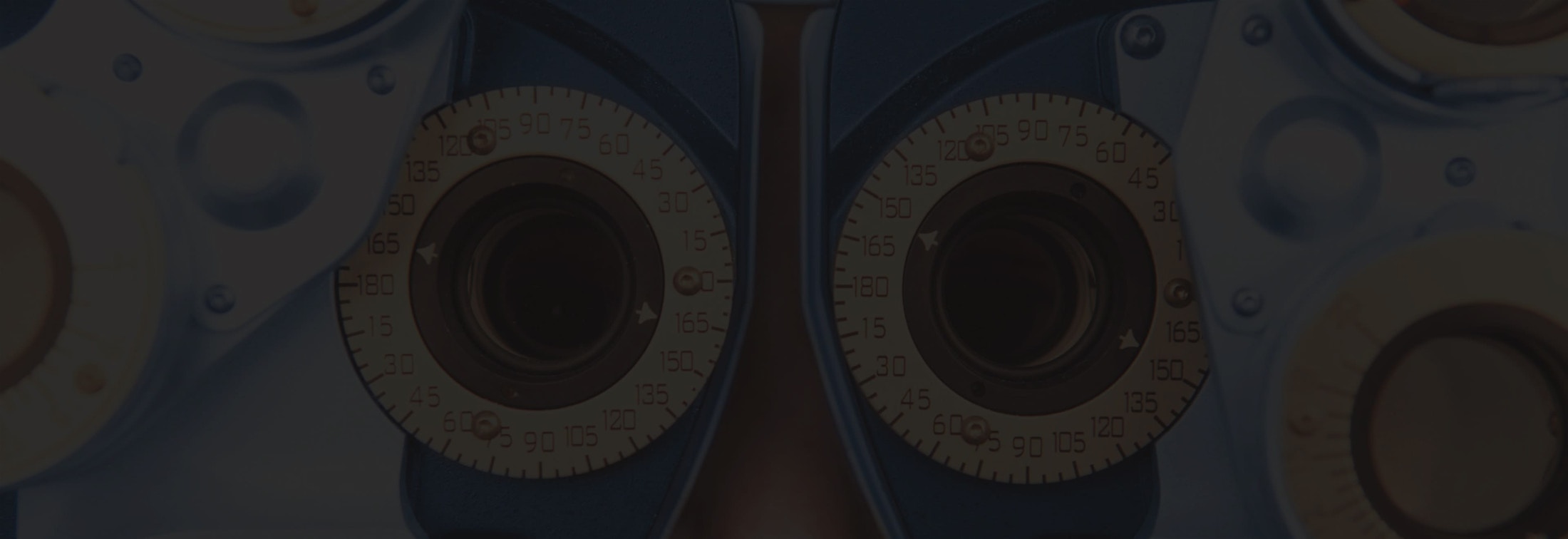Get expert care for glaucoma in Chicago from the eye doctors at Chicago Cornea Consultants, trusted leaders in advanced eye treatment.
What is Glaucoma?
Glaucoma is defined as a disorder of the optic nerve (the bundle of fibers connecting the eyeball and the brain). Gradual damage and loss of the fibers composing the nerve can lead to vision loss in a specific pattern, initially in the periphery. If advanced, the damage can affect the central vision. The disease is typically but not always associated with elevated intraocular pressure.
Glaucoma is one of the leading causes of blindness in America, but it can often go unnoticed in its earliest stages because there may be no noticeable symptoms. Because of this, regular eye exams are the best way to detect signs of the disease before serious irreversible damage has been done to your eyesight. While there is no cure for glaucoma, if detected early, your vision can often be preserved, and further damage can be prevented.






